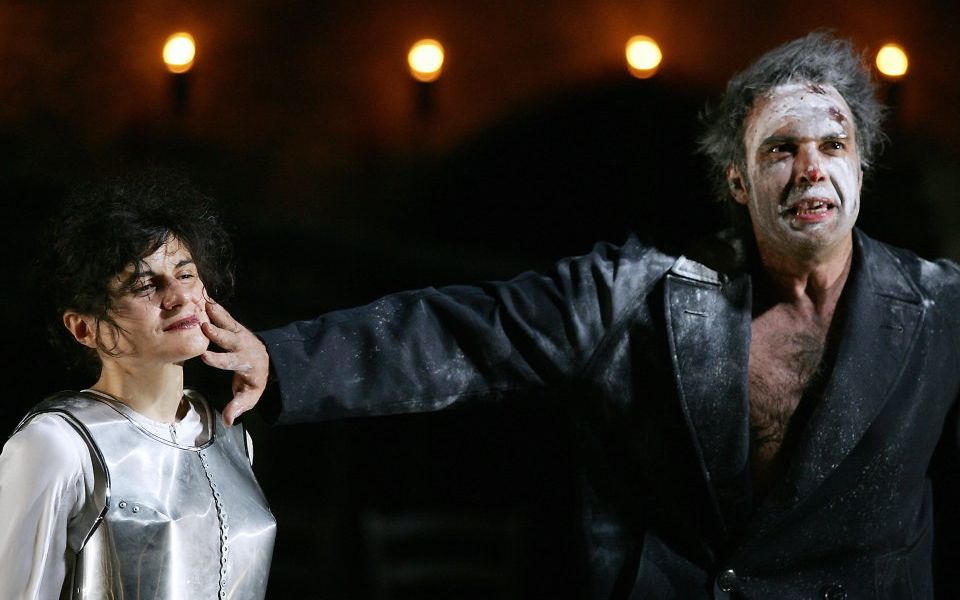Shakespeare’s Cordelia would have made an excellent HR manager

I always thought Cordelia would make an excellent HR and talent development manager. This job description, for example, was simply written for her: “Acts to support the human factor in the company. Proactively and respectfully challenges management and then mentors them…”
Isn’t it exactly what Cordelia did with her father, the one King Lear? First challenging Lear’s demands of undivided loyalty, then patiently standing by his side – despite his highly unreasonable behaviour.
If another HR manager were in charge, Lear would have been disciplined – perhaps even sacked. Under Cordelia’s leadership, however, he was given a chance to realise the error of his ways and take feasible steps towards personal and professional improvement.
Alas, there are no Cordelias in the office, and, throughout my career, HR has never contributed anything to my “human factor” – or, indeed, had any effect on me.
None whatsoever. In 20 years, I had worked for six companies in four countries, and I had just two meetings with HR outside mandatory inductions: when someone once complained about me and when I once complained about someone. Both meetings were entirely inconsequential.
At one of my old firms, the head of HR was a former shrink, and as such, was meant to use his training to help the rest of us make the most of our careers. In reality, he used this training to coerce us into taking the jobs that we did not want to do – or to extract confessions and then snitch to the management. When I just joined the firm and was scheduled to have my first meeting with him, well-wishing colleagues warned me not to admit to any weaknesses.
I did not. Instead, I spoke about my ambitions, and the type of work that I hoped to do. He listened sympathetically, adopted a kindly grandpa look, nodded a lot, took copious notes – what did he do with these notes? Did he type them up and archive them or just throw them away straight after? – and ended the meeting with a solemn promise of making my dreams come true.
What followed was more Regan than Cordelia: just like Lear’s middle daughter, the shrink/HR man sold me out. All the talk of my “development” promptly went out of the window, and the only jobs he proceeded to send my way were things that I already knew how to do. He once casually told me that I would never make it to partner. How I wish that someone like Cordelia had delivered the news instead. No doubt she would have done it with tact and wisdom – and would have also known how to deal with the emotional breakdown of truly Learean proportions that ensued.
But, in the absence of Cordelia, your real chance of professional development is never with HR, but with the people you work with. Look for someone who knows what he is doing and who inspires. Someone who is sharp and who believes in his work. Find him – or her – side up with them, learn from them, ask them for more work, overdeliver, outperform. This is how you learn, and this is how you get ahead.
And HR job specs should change, too – so instead of looking for superheroes with the powers to transform our “human factor”, HR should look for pragmatic, efficient professionals, those who could help us find our way around the company and take our admin burden off. I’ve had one or two HR colleagues like that, and their contribution to the firm was real and highly valuable.
So, realistically, instead of Cordelia, what HR needs is Viola or Rosamund.
Next time: why The Fool is the ideal chairman to Lear’s CEO.